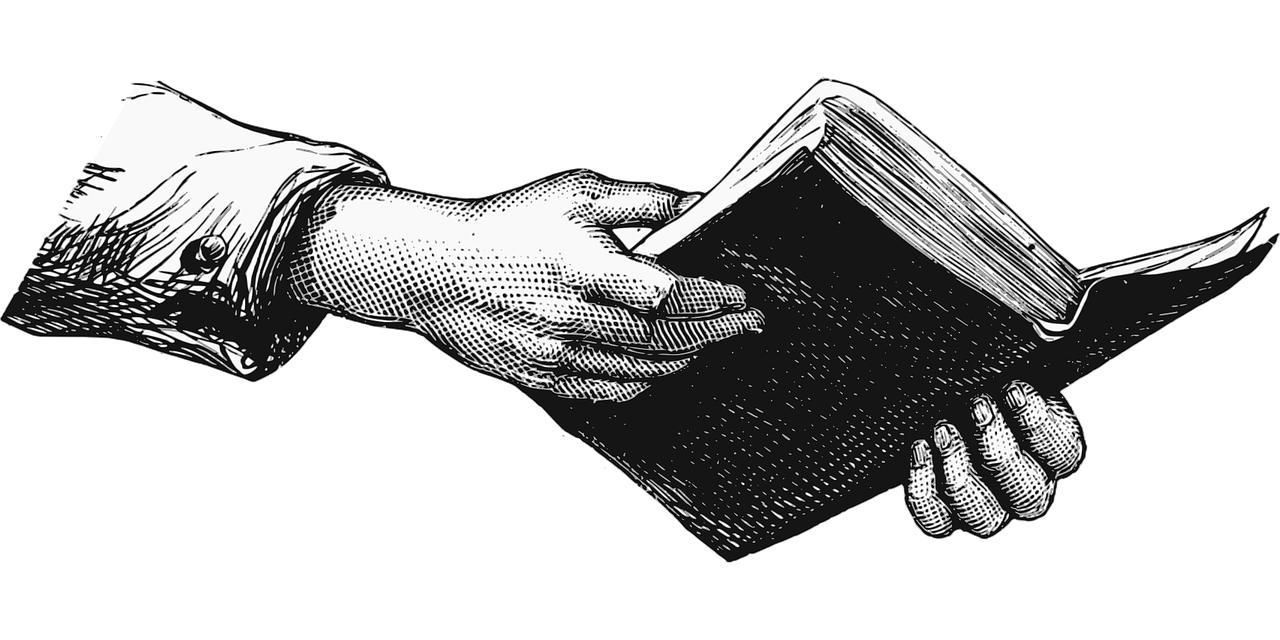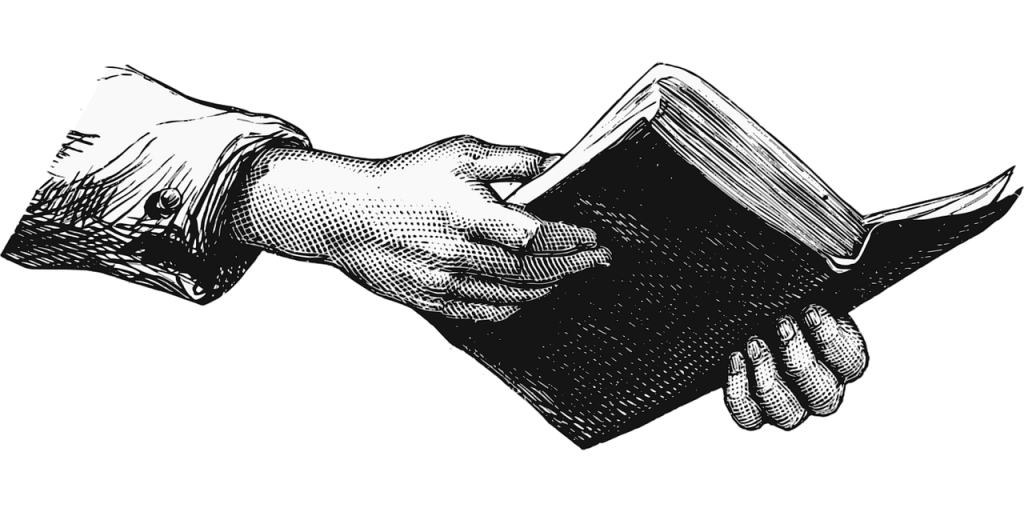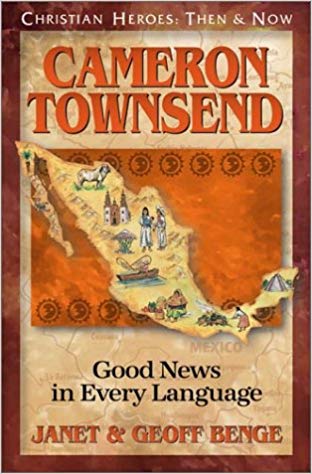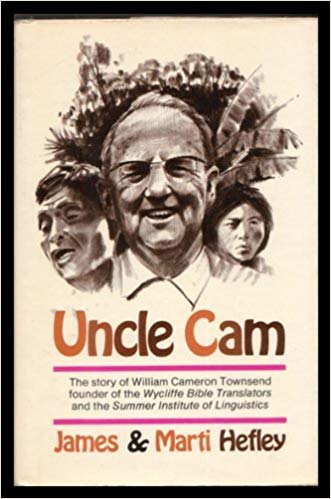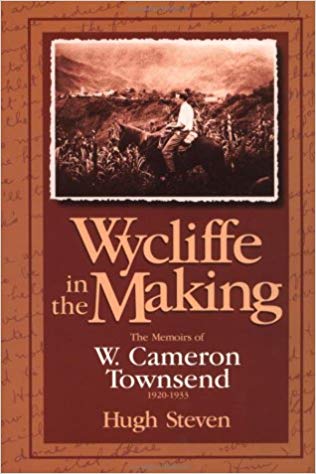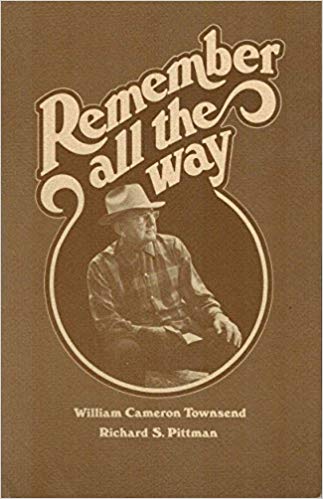William Cameron Townsend was born July 9, 1896, in Eastvale, California, USA to William and Molly Townsend. He was known by his middle name, and many called him “Cam.” Little is known about his childhood, which took place in southern California through college. He graduated from a Presbyterian school and attended Occidental College in Los Angeles for a time but did not graduate. He went on to sell Bibles for the Los Angeles Bible House for several years.
He joined the National Guard in 1917, preparing to go to war for his country. Before he had any assignments from the military, he spent some time with Stella Zimmerman, a missionary who was on furlough. When she learned that he was in the National Guard and expecting to go to war, she told him and his friend, who was also in the National Guard, “You cowards! Going to war where a million other men will go and leaving us women to do the Lord’s work alone! You are needed in Central America!”
Cameron Townsend was unhappy about being called a coward and chose to pursue the missions call instead. He requested to be released from soldier service and to be allowed to become a missionary overseas instead. His commanding officer approved his request heartily, saying, “Go. You’ll do a lot more good selling Bibles in Central America than you would shooting Germans in France.”
That year he took Spanish Bibles to Guatemala to sell. He was located near Antigua.
Over the next year he traveled through Latin America. During this time, he met another missionary who felt called to Latin America named Elvira. The two married in July 1919.
Also in 1919, he joined CAM (Central American Mission) and continued to evangelize the people of Guatemala. He spread the Gospel in Spanish but felt that this was not accessible to the indigenous people of the country. For this reason, he went to Santa Catarina and settled in a Cakchiquel community where he learned the native language. He spent fourteen years there, learning and then translating the Bible into the local language. He started a school and medical clinic, and set up a generator of electricity, a plant to process coffee, and a supply store for agriculture.
Townsend felt that the standard missionary practices neglected some of the needs of the people, as well as ignoring the cultures and languages of many of the groups. He believed that social reform would be useful for helping the people as well as for sharing the truth of God with them.
He began to study to determine what was causing the poverty of the indigenous people and he determined that there were elite people who were intentionally not improving the education, economy, and language learning of the common people. He also identified oppression of various types. He then looked for ways to solve these problems that he had discovered.
In the meantime, Townsend, as a linguistic expert, recognized the need for an in-depth understanding of a language in order to provide an appropriate translation of the Bible for them. His motto was, “The greatest missionary is the Bible in the mother tongue. It needs no furlough and is never considered a foreigner.” He assisted in training translators and to teach the people to read and write while also working to improve the situation of the minority people groups with whom he was interacting.
During the time when he was working with Bible translation, he moved to other areas. He left Guatemala for Mexico, then went on to Peru where he focused on the Amazon basin. The indigenous people of that area tended to prefer isolation and avoided contact.
He founded the Summer Institute of Linguistics in 1934 on a farm in Arkansas, so others could learn to translate the Bible into lesser known languages. The effort grew every year. He named it Camp Wycliffe and in 1942, it became Wycliffe Bible Translators.
While in Mexico, Townsend and his group received permission to translate the Bible into their language, as well as other religious and secular manuscripts. The President of Mexico, in 1936, visited the town where Townsend was working just south of Mexico City. The two men were concerned for the education and improvement of the citizens.
Following the end of World War II, one of the missionaries who had graduated from the Summer Institute of Linguistics, Jim Elliot, and the other missionaries he was with were martyred in Ecuador in 1956 attempting to reach a remote people with the Gospel. This caused an increase in mission-minded people who were inspired by the dedication of these men.
The method of linguistics taught by SIL was requested by American universities in 1942. Cameron’s wife Elvira died in 1943.
Jungle Aviation and Radio Service (JAARS) was formed by Townsend in 1948, with the intent to be able to reach missionaries who are less accessible, in the jungle.
Leukemia resulted in the end of Townsend’s life in 1982, after spending more than sixty years bringing God’s word to people in their own native language. However, the work he begun has continued, and by 2000, Wycliffe Bible Translators had translated the New Testament into almost 500 languages.
Read more about Cameron Townsend:
Cameron Townsend: Good News in Every Language
This biography is geared to students and chronicles the life of Cameron Townsend and the creation of Wycliffe Bible Translators.
Uncle Cam: The Story of William Cameron Townsend
This story includes much about Townsends personal concerns, prayers, and the work he did to bring the SIL and Wycliffe Bible Translators to life.
Wycliffe in the Making: The Memoirs of W. Cameron Townsend
Hugh Stevens tells the story of Townsend and all the accomplishments of his life. It is based on letters, public writings, and diaries of Townsend.
Remember All the Way
This book is co-authored by William Cameron Townsend.

